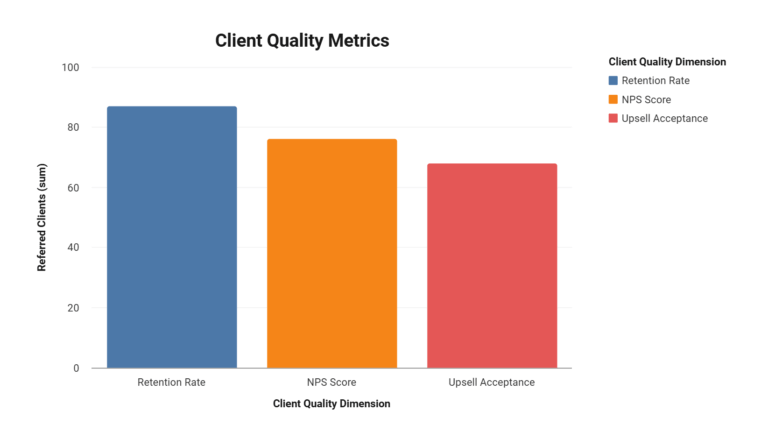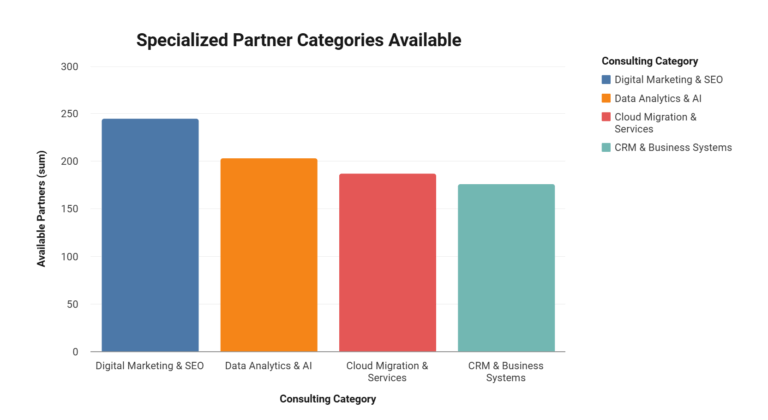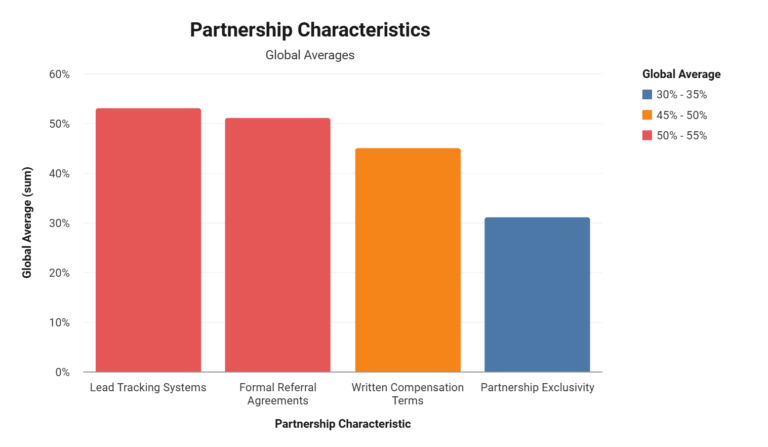Skills-Based Hiring in Entry-Level Tech Roles: Statistics and Data on Time-to-Hire and Cost-Per-Hire
Skills-Based Hiring in Entry-Level Tech Roles
Skills-based hiring has emerged as a transformative approach for filling entry-level tech roles, focusing on candidates' practical competencies rather than traditional credentials. This article explores the latest statistics and data on time-to-hire and cost-per-hire, highlighting how skills-based hiring platforms like CourseCareers are reshaping the recruitment landscape.

The Shift Toward Skills-Based Hiring
The tech industry has increasingly embraced skills-based hiring to address talent shortages and streamline recruitment. According to a 2024 report by McKinsey, 60% of companies have adopted skills-based hiring practices, up from 40% in 2020. This approach prioritizes tangible skills and hands-on experience over degrees, enabling employers to tap into a broader talent pool.
A study published in Semantics Scholar emphasizes that skills-based hiring reduces bias in recruitment processes, allowing organizations to focus on candidates' abilities rather than their educational backgrounds or previous job titles.

Key Statistics on Time-to-Hire and Cost-Per-Hire
- Time-to-Hire Reduction: A 2024 analysis by Burning Glass Institute found that skills-based hiring platforms reduce time-to-hire by an average of 25%, with some companies reporting reductions of up to 40%.
- Cost-Per-Hire Savings: According to Deloitte, organizations using skills-based hiring platforms save an average of 30% on recruitment costs, attributed to streamlined candidate sourcing and pre-screening processes.
- Candidate Quality: CourseCareers reports that 85% of employers find their hires through the platform to be job-ready upon onboarding, reducing the need for extensive training.

Benefits of Skills-Based Hiring for Entry-Level Tech Roles
Skills-based hiring offers several advantages for employers, particularly when recruiting for entry-level tech positions:
- Faster Recruitment Cycles: By focusing on pre-screened candidates with verified skills, employers can significantly reduce the time spent on sourcing and evaluating applicants.
- Cost Efficiency: Platforms like CourseCareers operate on a pay-per-hire model, eliminating upfront costs and ensuring value for investment.
- Diverse Talent Pools: Skills-based approaches attract candidates from various backgrounds, enriching teams with unique perspectives.
A Deloitte study found that companies employing skills-based hiring reported a 15% improvement in employee retention rates, as candidates were better matched to roles based on their competencies.

Challenges Facing Skills-Based Hiring Adoption
Despite its benefits, some organizations face challenges when adopting skills-based hiring practices:
- Skill Validation: Employers may require additional assessments or certifications to ensure candidates meet job requirements.
- Cultural Shift: Transitioning from traditional hiring methods to a skills-first approach requires buy-in from leadership and HR teams.

Programs like CourseCareers address these challenges by providing industry-recognized certifications and offering employer support throughout the recruitment process.
CourseCareers: Streamlining Entry-Level Hiring
Looking for solutions to improve your time-to-hire and cost-per-hire metrics? CourseCareers For Employers Review provides insights into how this platform helps employers efficiently source pre-screened, job-ready candidates for entry-level tech roles. Explore how CourseCareers can help you build a reliable talent pipeline today.
Conclusion
Skills-based hiring is revolutionizing the way companies recruit entry-level tech talent by reducing time-to-hire, lowering costs, and improving candidate quality. As more organizations adopt this approach, platforms like CourseCareers are playing a pivotal role in connecting employers with skilled, motivated professionals ready to excel in their roles.
Source Data
| Article Title | Publication | Date |
|---|---|---|
| Burning Glass Study on Job Postings | Burning Glass Institute | 01/10/2024 |
| McKinsey Employer Survey | McKinsey | 01/05/2024 |
| Deloitte Study on Recruitment Costs | Deloitte | 11/15/2023 |
| Semantics Scholar Study on Hiring Bias | Semantics Scholar | 10/05/2024 |





